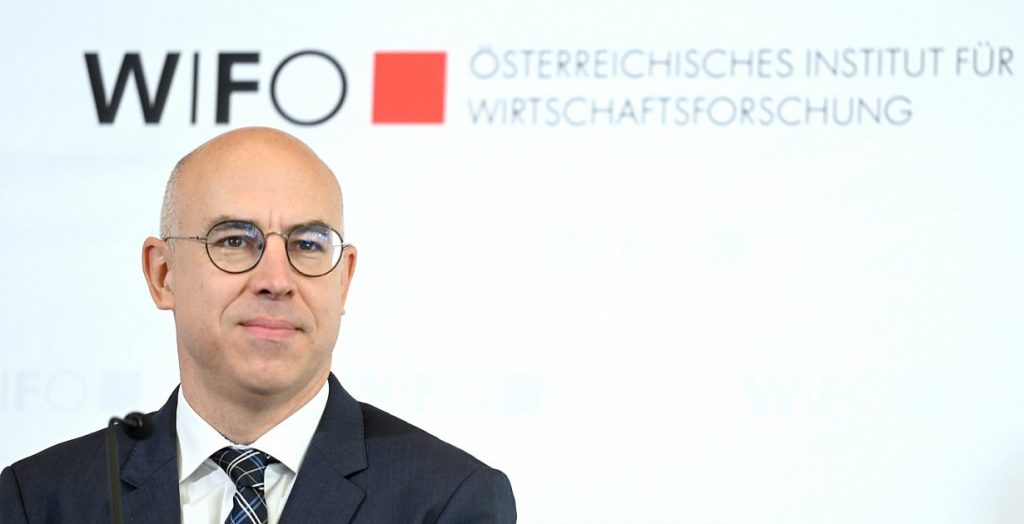Dominique Samuel Fritz, Mayor of Temisvär, commented on the Austrian veto against Romania and Bulgaria’s accession to Schengen in the Ö1 “Mittagsjournal”: “This hour-long waiting at the border between Romania and Hungary is seen as a humiliation.” It is also a dangerous decision by the Austrians for the EU in the long run. In Romania, calls for a boycott of Austrian companies, products and services are growing.
He himself would have been surprised by the effects of the boycott calls. Fritz added that the friends were going to rebook their vacation in Austria.
Gabriel Felbermayr, director of the Institute for Economic Research (Wifo), wrote in a tweet on Saturday that he shares economic concerns surrounding the veto of Austria’s Schengen agreement: “Schengen facilitates trade in goods and services; the positive effects for Austria are measurable and significant (2% of GDP) 1,000 euros per person per year, gains in efficiency. Congestion at internal borders is costly and pointless.”
At the same time, he stressed that the Schengen area needs effective external borders. Felbermeyer said, “Austria should make constructive proposals here and form a coalition of EU border guards.” He suggested using NGEU funds (note: “NextGenerationEU”) to protect the common border.
The second largest investor in Romania
Wifo economist Harald Oberhofer previously also pointed out the costs of this decision. With a volume of €10 billion, Austria is the second largest investor in Romania, and the country is particularly represented in Romania in the banking, insurance, steel and energy sectors. Exports in the first half of the year amounted to 2 billion euros. Oberhofer explained that holding on to the veto for a longer period could be costly for Austria.
Oberhofer added that the demand of Romanian business representatives to pay Austria 200 million euros in compensation per month has no hope of success. But Austria should not “jeopardize its good position in Romania”. The Wevo economist added that Austria has benefited most from the eastward expansion of the European Union.
Erste’s CEO is pushing for a quick fix
“Our common goal must be to quickly find a solution here. As Erste Group, we want and will make our contribution and appeal to those who bear political responsibility at all levels to take up this responsibility,” according to ORF radio station, Erste Group, CEO of Erste Group, Willibald Cernko.
Raiffeisen promises “full support” for Romania’s entry into the Schengen area. “We regret this situation, but we are confident that the players concerned will quickly be able to clarify the open-ended questions in a reliable, fact-based and result-oriented way,” the bank was quoted by the Wiener Zeitung as saying in an online report. on Friday evening. Insurance company Uniqa and construction group Strabag also confirmed their hope for a quick solution and progress on European integration. OMV commented on Austria’s “no” to Schengen in the “Wiener Zeitung”: “We welcome any measure that would facilitate cooperation and exchange between the teams in Austria and Romania.”
Austria is the second largest foreign investor in both Romania and Bulgaria – in Romania with 10 billion euros behind Germany and ahead of France, and in Bulgaria with about 5 billion euros behind the Netherlands and ahead of Germany. In Romania there are 3,900 branches of Austrian companies with about 100,000 employees, and in Bulgaria 350 branches with 30,000 employees. (red.)

“Food practitioner. Bacon guru. Infuriatingly humble zombie enthusiast. Total student.”








More Stories
Kyiv: Russian Kursk offensive halted
US Presidential Election: Former US Government Officials Warn Against Donald Trump's Election
Netherlands wants to leave asylum system